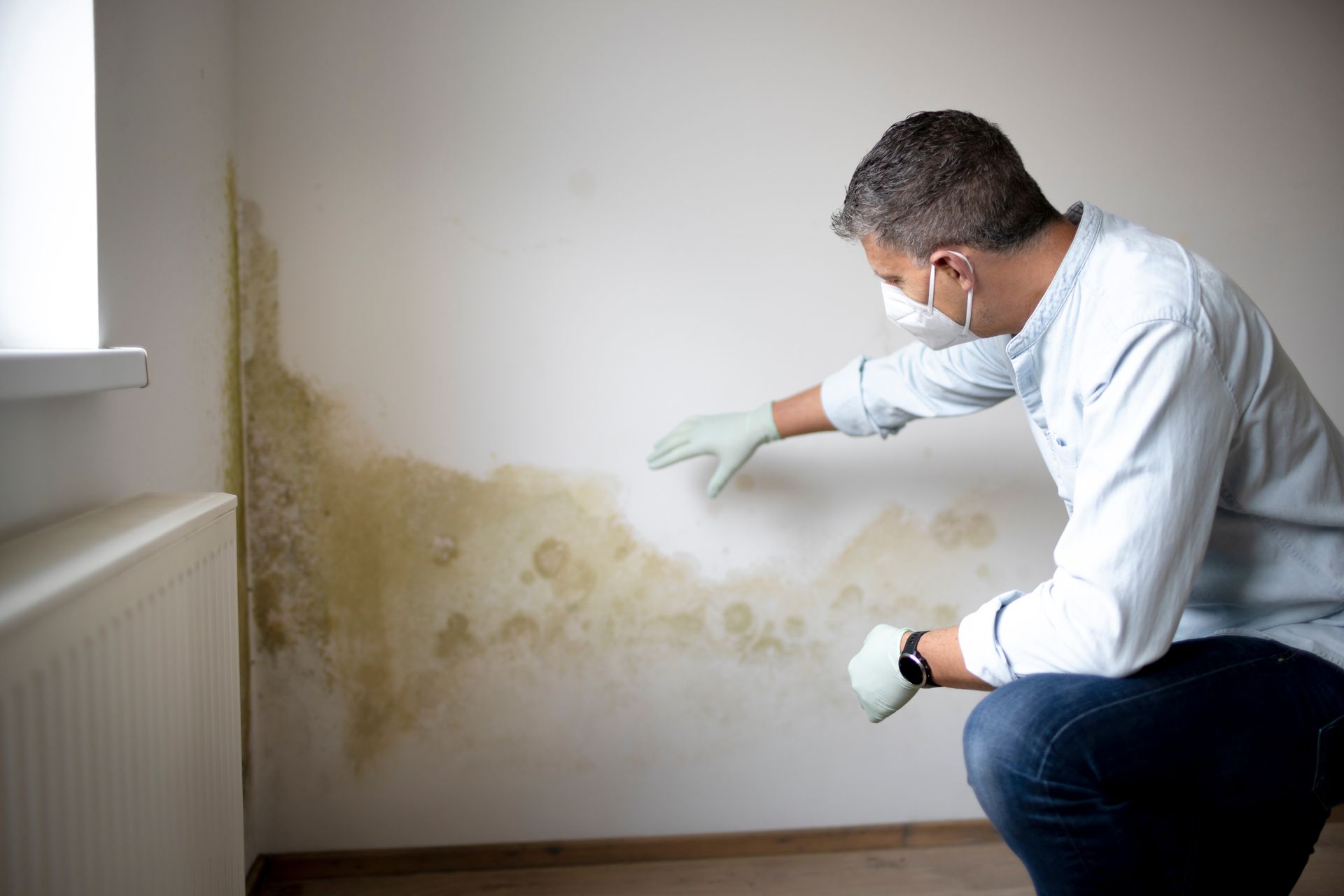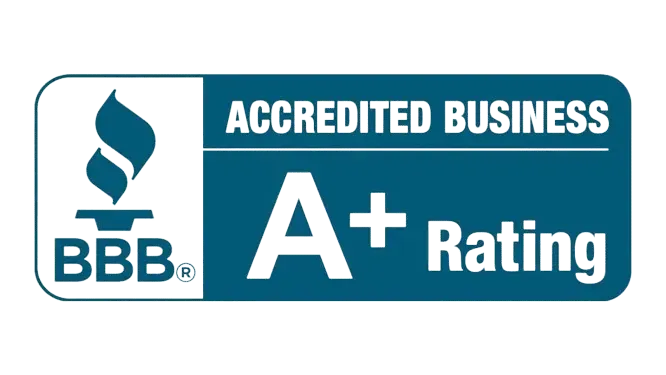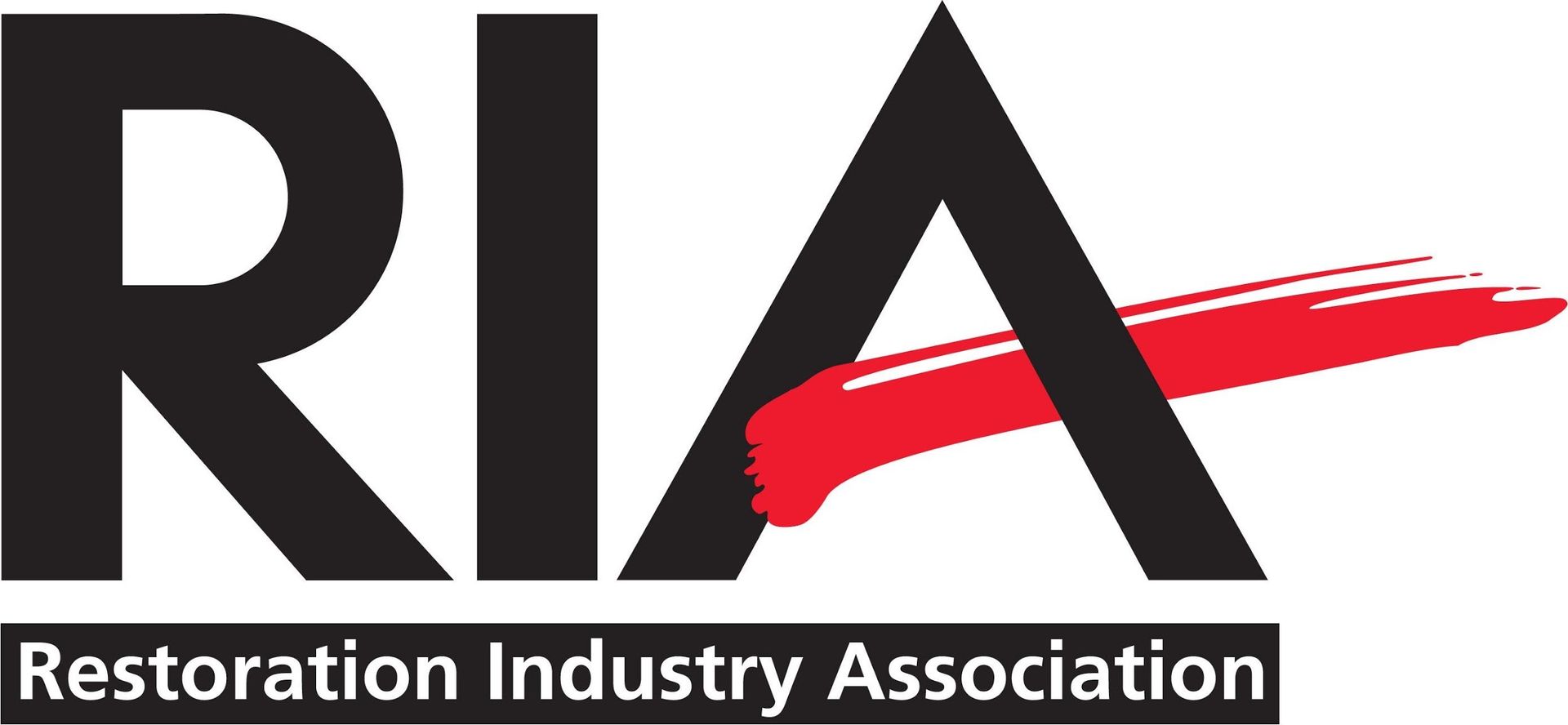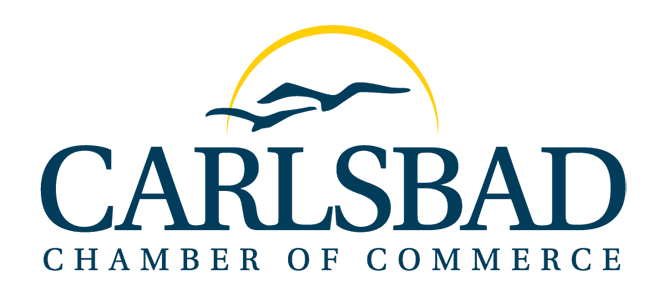DIY vs. Professional Water Damage Restoration: What You Need to Know
Water damage can happen unexpectedly, and your immediate response is crucial in preventing further issues. Many homeowners wonder whether they should handle water damage restoration independently or hire professionals. While each approach has advantages, choosing the best option often depends on the severity of the damage and the tools and knowledge required. In this blog post, we’ll compare DIY methods with professional water damage restoration services, highlighting the pros and cons of each to help you make an informed decision.
Understanding the Scope of Water Damage
Before comparing DIY and professional options, it’s important to assess the extent of the damage. Small leaks, minor water stains, or shallow pooling can often be managed with basic DIY methods. However, extensive flooding, sewage backups, or water seeping into walls and flooring may require professional intervention to fully address and restore.
DIY Water Damage Restoration
Pros of DIY Water Damage Restoration
- Cost Savings: One of the most appealing aspects of DIY restoration is saving money. You avoid labor costs associated with professional services by handling the repairs yourself.
- Immediate Action: With DIY, you can start addressing the issue immediately without waiting for a professional to arrive. Quick action is essential to minimizing damage.
- Control Over the Process: When you manage the restoration yourself, you have complete control over the methods and products used, which can be helpful if you work within a specific budget or timeframe.
Cons of DIY Water Damage Restoration
- Limited Equipment: Homeowners typically lack access to the specialized equipment professionals use, such as industrial-grade dehumidifiers, water extractors, and moisture meters. These tools are crucial for thoroughly drying the area and preventing mold growth.
- Inadequate Knowledge and Training: Water damage can be complex, especially affecting multiple layers of your home’s structure. Without professional training, you may overlook areas with hidden water damage, leading to future issues like mold growth and structural damage.
- Potential Health Risks: Certain types of water damage, such as sewage backups or flooding, can contain harmful contaminants. Handling these types of damage without proper safety gear and knowledge can pose health risks.
- Time-Consuming: DIY water damage restoration can be time-intensive, especially if the damage is extensive. Without the right equipment and experience, you may spend more time on repairs than anticipated.
Best Situations for DIY Water Damage Restoration
DIY is best suited for:
- Minor water spills or leaks that have been caught early.
- Shallow water pooling in small areas, such as bathrooms or kitchens.
- Situations where water has not seeped into walls, floors, or insulation.
Professional Water Damage Restoration
Pros of Professional Water Damage Restoration
- Access to Specialized Equipment: Professional restoration companies use industrial-grade equipment, including powerful pumps, air movers, dehumidifiers, and moisture detectors. This equipment is essential for thoroughly drying the area and preventing mold growth.
- Expertise and Experience: Certified technicians are trained to handle all types and complexities of water damage. They can assess the situation accurately, identify hidden moisture, and ensure the entire area is properly restored.
- Mold Prevention: Mold can begin to grow within 24-48 hours of water exposure. Professionals use antimicrobial treatments and thorough drying techniques to prevent mold, safeguarding your home and health.
- Time Efficiency: Restoration companies work quickly and efficiently, minimizing the time required to return your home to its pre-damage condition. Their experience allows them to complete repairs faster than a DIY approach.
- Insurance Assistance: Many professional restoration companies work directly with insurance providers. They can help you navigate the claims process, document damage, and ensure you get the coverage you’re entitled to.
Cons of Professional Water Damage Restoration
- Cost: Hiring professionals can be costly, especially for extensive water damage. While insurance may cover part of the expense, out-of-pocket costs may still be significant.
- Scheduling and Availability: Depending on the restoration company’s availability and the severity of the damage, there may be a wait time before the restoration process can begin.
- Less Control Over Process: When you hire professionals, you have less control over specific methods or materials used, as they follow standardized procedures to ensure thorough restoration.
Best Situations for Professional Water Damage Restoration
Professional restoration is ideal for:
- Extensive water damage, such as flooding or sewage backups.
- Water that has seeped into walls, floors, and insulation, requiring thorough drying.
- Situations where mold growth is suspected or confirmed.
- Damage that involves potential contaminants, such as floodwater from natural sources or sewage.
Key Factors to Consider
- Extent of the Damage: DIY may be sufficient if the water damage is limited and hasn’t seeped into structural components. For more extensive damage, professionals are better equipped to handle complex restoration.
- Health and Safety: Floodwaters and sewage backups can be hazardous to health. Professional restoration teams have the training and protective gear to safely handle biohazardous situations.
- Budget and Insurance: While professional services are more costly, they are often more effective in preventing secondary issues. Additionally, insurance may cover some or all of the costs, depending on your policy and the cause of the water damage.
- Time and Resources: DIY repairs can be time-consuming. Professionals offer a faster, more efficient solution if you need your home restored quickly.
Conclusion: Choosing the Right Option
Water damage can be daunting to tackle, but choosing the right approach—DIY or professional—depends largely on the damage’s extent, your budget, and available resources. DIY methods can be cost-effective and effective for small, manageable leaks or surface-level water. However, hiring a professional restoration company ensures a thorough cleanup, mold prevention, and peace of mind for extensive or complex water damage.
At 75 And Sunny Remediation, we’re here to provide prompt, professional water damage restoration services whenever you need them. Our team has the expertise and equipment to handle all types and severity of water damage. Contact us today for a free assessment and ensure your home is restored safely and efficiently.






